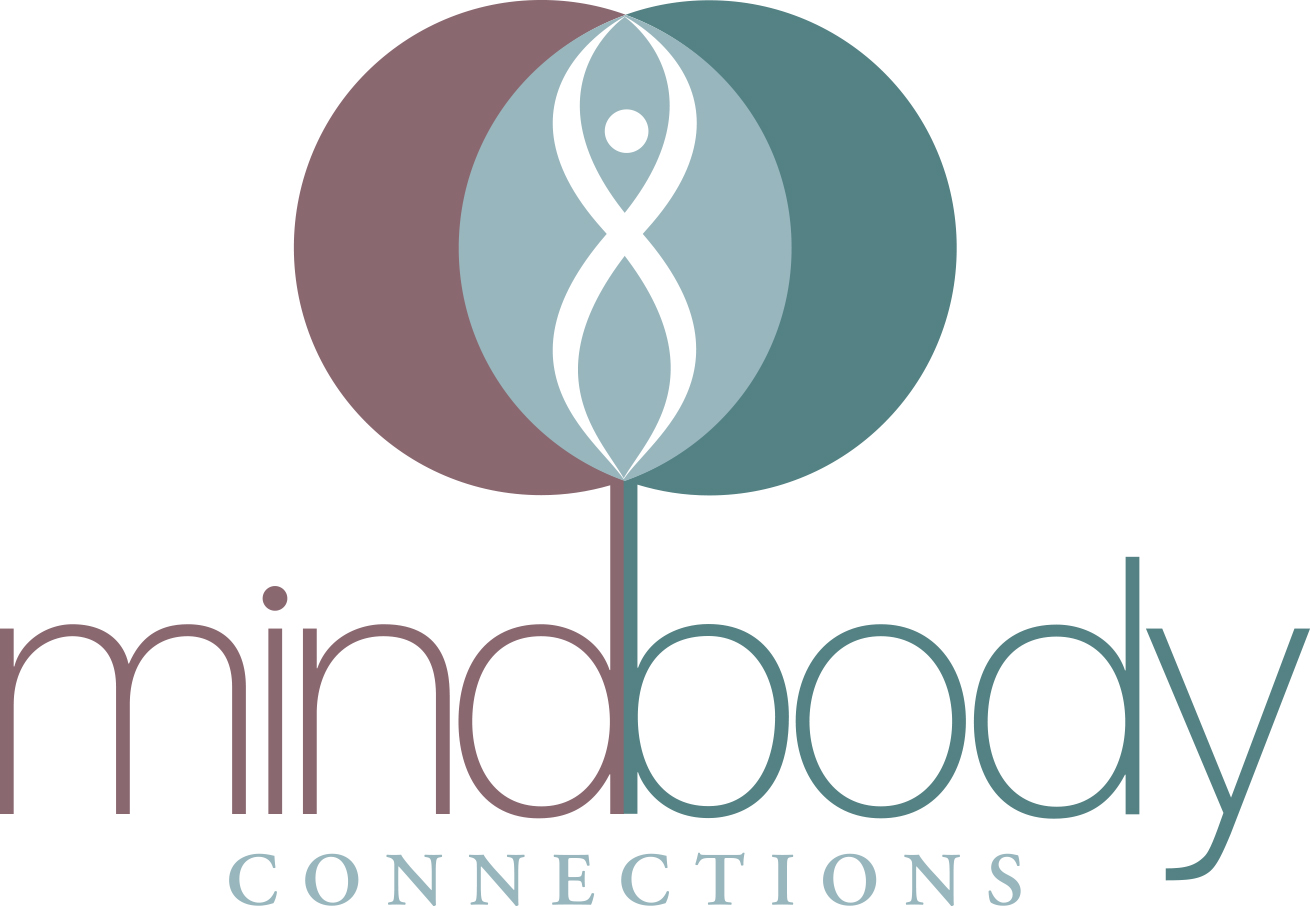In dialectical behavioral therapy (DBT), clients learn mindfulness, distress tolerance, emotion regulation, and interpersonal effectiveness skills to help them achieve a meaningful life (Linehan, 1993). As these skills are developed improvements in coping, life skills, and feelings of overall well-being are often seen (Linehan, 1993 & Sharf, 2012).
Read MoreBased on the empirically supported premise that the body, mind, and spirit are interconnected, the American Dance Therapy Association defines DMT as “the psychotherapeutic use of movement to further the emotional, cognitive, physical and social integration of the individual.†Patients need not have formal training in dance or movement to experience the benefits of this therapy method.
Read MoreOne of the most highly researched evidence-based forms of therapy, cognitive behavioral therapy (CBT) helps the client to identify how thoughts affect behavior. The therapist using this modality will assist the client to shift unhealthy beliefs that negatively impact the individual leading to undesirable behavior. By shifting the thinking, behavioral change will be more successful.
Read MoreThis term describes therapeutic approaches that integrate a client’s physical body into the therapy process. At the foundation of the mind-body connection, basic skills are explored to assist the client to use the body as a resource to decrease anxiety and increase a sense of grounding and calm. Also referred to as somatic psychotherapy, this process…
Read More



